View count:
359
Program
Day 1Date: 30th, July, 2020
Place: R220, Life Science Building II, NTHU
| Time | Speaker | Title |
| 09:00-09:25 | Registration | |
| 09:25-09:30 | Opening Remarks | |
| 09:30-12:00 | Prof. Hsiao-Ching Yang (楊小青) | Unraveling How CYP450 Channel Drives Stepwise Translocation and Optimal Binding of Prostaglandin H₂ for Cyclization |
| 12:00-13:00 | Lunch | |
| 13:00-14:00 | Prof. Lee-Wei Yang (楊立威) | First-principle and data driven approaches to study life in the molecular level |
| 15:10-15:30 | Snack/Coffee Break | |
| 15:30-16:30 | Prof. Lee-Wei Yang (楊立威) | First-principle and data driven approaches to study life in the molecular level |
| 16:30- | Discussion | |
Date: 31st, July, 2020
| Time | Speaker | Title |
| 09:00-09:30 | Registration | |
| 09:30-11:30 | Prof. Chung-Chuan Lo (羅中泉) | Neuron and synapse models 授課內容: (1) Basics of neuron and synapse (2) The leaky integrate-and-fire model (3) Models of chemical synapses (4) Simple neural circuits 實作內容: (1) Tutorial on Neuronify (2) Basic interaction and circuits (3) Built your own circuits |
| 11:30-13:00 | Discussion /Lunch (12:00-13:00) | |
| 13:00-15:00 | Prof. Hsiu-Hau Lin (林秀豪) | Associative Memory and Hopfield Network 授課內容: (1) Memory and its three key processes: register, retain and retrieve. (2) Bit-based memory versus synapse-based memory. (3) Hopfield neural network -- how partial inputs can recall the correct memory. 實作內容: (1) Hopfield neural network (HNN) program (demo) (2) Memory storage in HNN (3) Memory retrieval with noises in HNN |
| 15:00-15:20 | Snack/Coffee Break | |
| 15:20-17:20 | Prof. Chi-Tin Shih (施奇廷) | 大腦網路結構分析 1.什麼是大腦的網路? 2.如何用數學表達大腦網路?圖論(graph theory)簡介 3.如何找出網路的核心(們)? 4.拆解網路的組織構造 實作內容: (1) 神經網路結構分析(使Brain connectivity toolbox ) |
| 17:20-18:00 | Discussion | |



